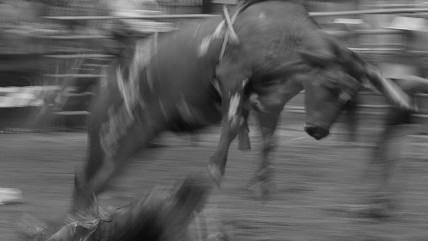Zenon Evans on the Gay Games' Enduring Value to the LGBT Community


The ninth Gay Games kicked off in Cleveland and Akron, Ohio this weekend. It's the world's largest LGBT sports and culture events, boasting over 50 countries represented, more than 35 sports played, and around 7,000 athletes (10 percent of whom are straight) competing. But as the LGBT world grows ever more established and makes substantial ground in culture and law, a big question looms over the Games: Why are they still relevant? They hold onto a history of struggle, writes Zenon Evans, who went to the Games. They're also played in such a proximity, a familiarity to the audience that makes them not only meaningful, but successful in a way that the pomp-and-pretense-filled Olympics cannot be. Frankly, it makes for a more engaging watch, too. Some Games' athletes are record-breaking pros, but many are not. They're on a pedestal, but one that appears within reach. You're close enough to see the unpolished humanness of their struggle when they slip, hit the ground, and bleed, and those who excel are illuminated against the backdrop of all that grit.


Show Comments (0)